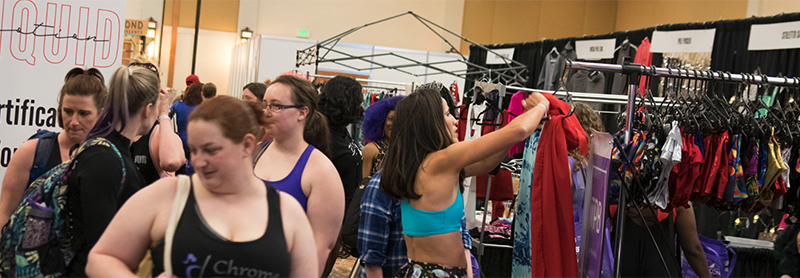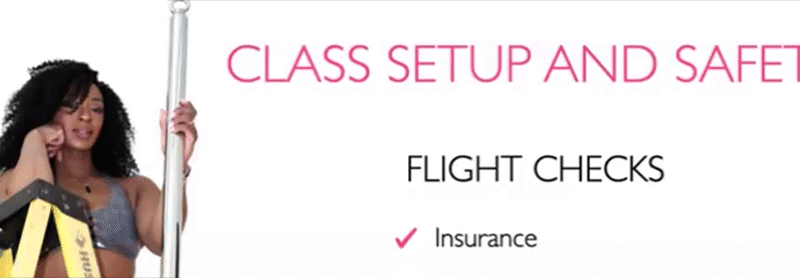A train-cation is a trip (usually away from home) where you focus for a specific…

Why you need a contract for basically everything
The pole industry can often feel like a very friendly place. And friends don’t ask friends for contracts, right? You’re *just* supposed to trust each other, right? WRONG!
The very best thing you can do for yourself, and for your friends, is to have a contract.
What is a contract?
A contract, at its most basic, clearly outlines and clearly sets the expectations for everyone involved in any activity. It could outline timelines, compensation, and any other requirements for all parties involved to successfully achieve the goal or end state of the activity. For instance, if you were performing at an event, it may explain how long you will be performing or for how many sets. It may also explain how and when you will be paid as well as specify other things, like insurance requirements and how your image will be used in marketing for the event or for future marketing.
Receiving a contract is an opportunity to make any changes or amendments BEFORE you agree to do the thing the contract specifies. Maybe you don’t want your image to be used in marketing. Now is the time to negotiate, or talk about, what you are comfortable doing and see if you can find an agreeable solution.
A signed (by all parties involved) contract also becomes a legally enforceable document. In this performer example, if the event organizer agreed to pay you for your time verbally but never clarified how or when they will pay you, if you don’t have a contract, you have no recourse to force them to pay you. Sure, you can ask them a bunch. You can blast them on social media and say they didn’t pay you. BUT you don’t have a formal document that a third party like a lawyer or a judge can use in your defense.
When to have a contract?
You should have a contract for basically everything:
- Performing, as a performer, and as an event organizer hiring performers
- Teaching, as an instructor, studio owner, or an event organizer hiring teachers
- With any vendors you use in any business context (marketing, repairs, etc.)
- Any space you rent, even if someone is letting you use it “for free” or in a trade situation
How to create a contract?
Make a list of all the important things you need to achieve the goal of the activity.
Consider:
- All parties involved (use legal names and addresses)
- Description of services (be specific)
- Agreed compensation (flat fee, per person, or other?)
- Payment details (how will you be paid and when)
- Term of agreement and termination (for a specific time? Or forever? How/when does it terminate?)
- Relationship of parties (contractor or employee)
- Non-compete (if relevant)
- Transportation/accommodations (if relevant)
- Insurance (do both parties need insurance?)
- Cancellation terms (is there a deadline to cancel? Is there a re-booking fee?)
- Marketing requirements/expectations (How is your image to be used and for how long?)
- Indemnification clause (parties agree to hold each other harmless)
- Confidentiality (not sharing specific information)
Check out this template for traveling and/or contract-based teachers.
This sample is US-focused. Make sure to update based on the laws in your country/area and have it reviewed by legal counsel.
Remember: a contract should be used in any business situation, even in those situations when you are doing something for free and especially when you are doing it for a friend or family member. This ensures that everyone involved has clear expectations for making the activity/job/gig/event/etc. a success AND has recourse for when things don’t go as expected.



